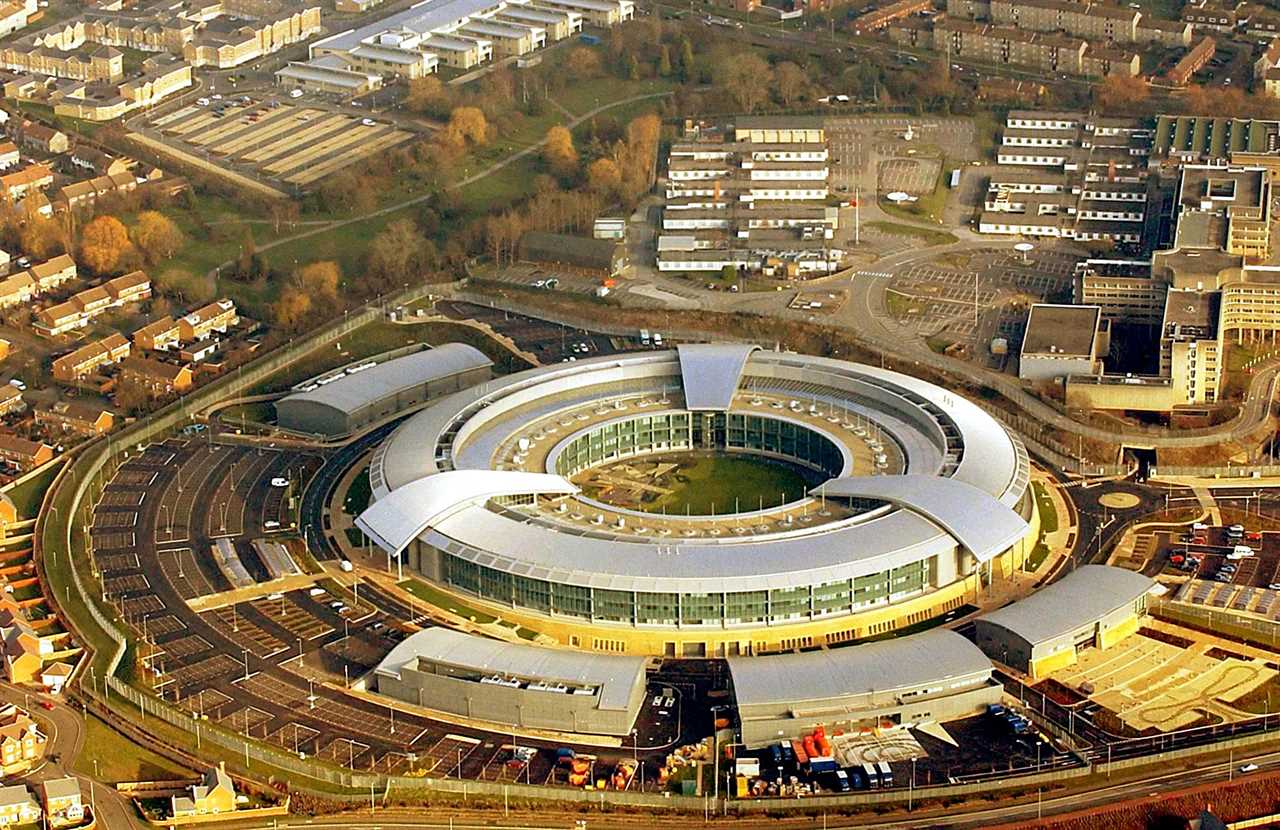BORIS Johnson has today announced a huge £24.1billion war chest to transform our armed forces and become Europe’s Naval superpower once again.
The biggest investment in defence since the Cold War will be used to create a new space command, cyber force and artificial intelligence agency, the PM proudly declared today.
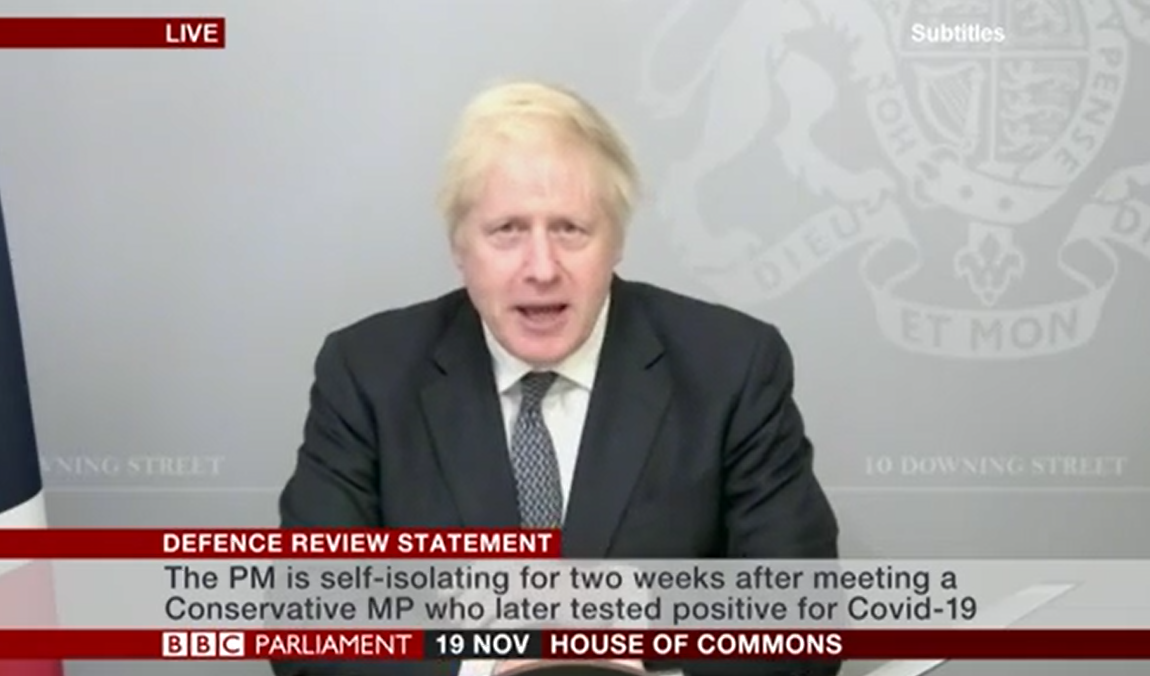
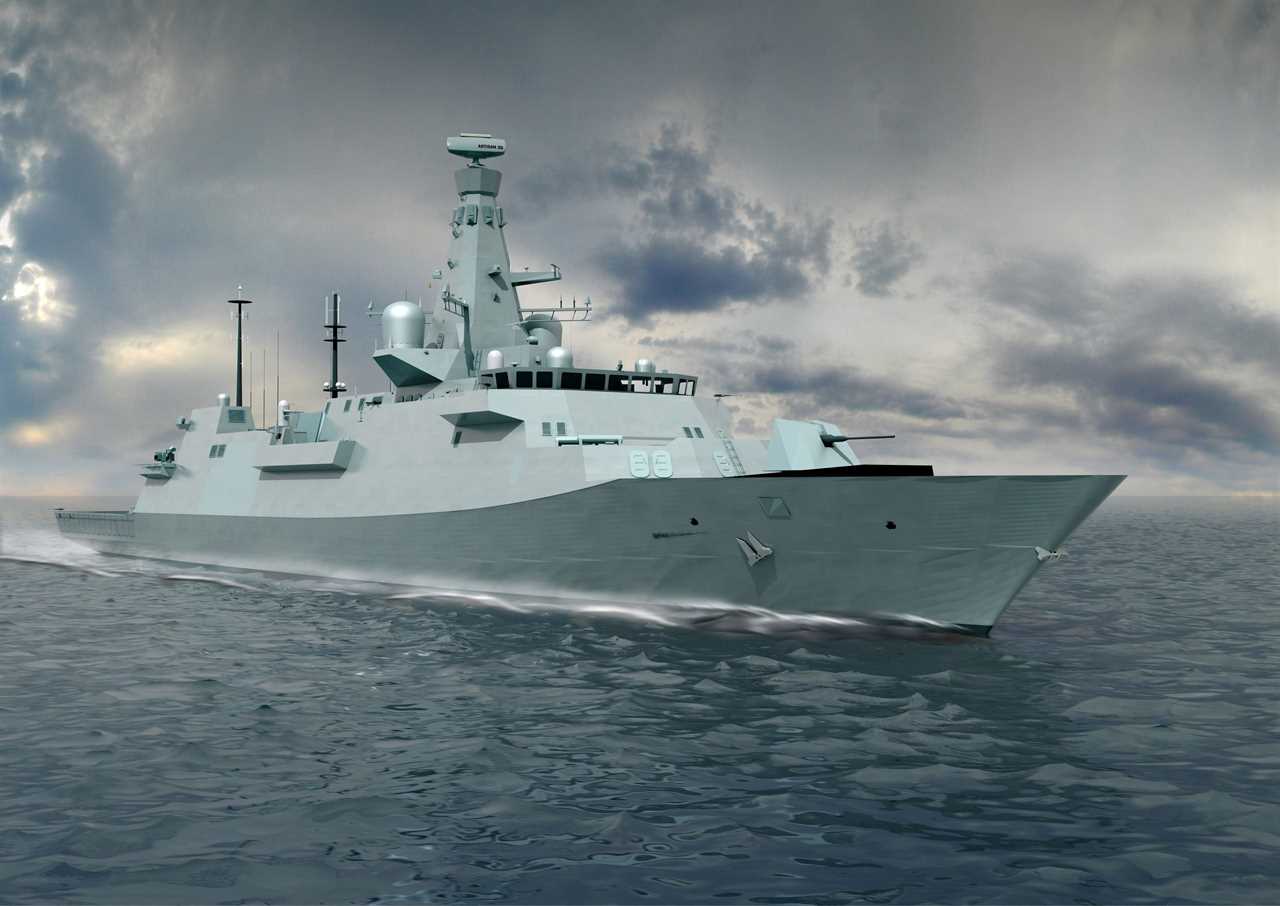
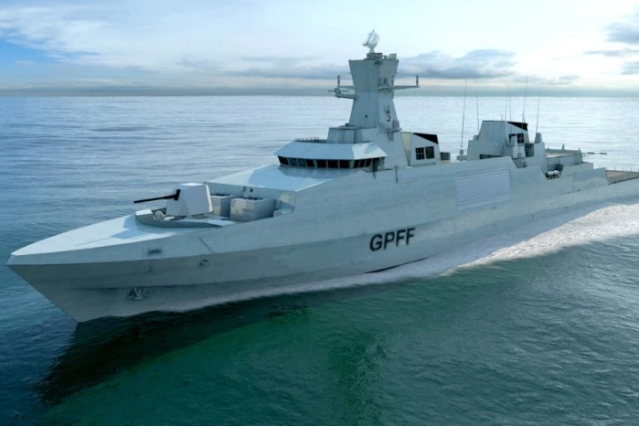
In a defiant speech outlining an exciting vision for the nation’s post-Brexit future, the Prime Minister declared the “era of retreat is over” and he would give the nation’s defences their biggest cash injection for decades.
In a rallying cry to critics, he said he would “refuse” to vindicate any more gloomy forecasts about the state of Britain today by “picking up the scalpel” to defence budgets yet again.
Blasting former Governments for having “trimmed and cheese-pared our defence budget” he said that “once lost, they could never be regained”.
Instead he promised: “The era of cutting our defence budget must end, and it ends now.”
The Government will spend an extra £24.1 billion over the next four years on defence – £16.5billion more than the Tory manifesto promised last year.
“We’re going to use extra spending to restore Britain’s position as the foremost naval power in Europe,” he declared.
Several new ships will be built in what the PM hopes will “spur a renaissance” in shipbuilding in Glasgow and Rosyth, Belfast, Appledore and Birkenhead.
But he dodged questions on how the huge splurge would be paid for – such as a rumoured slash to foreign aid spending.
The PM announced today:
- His plan would create 40,000 new jobs over four years
- A new RAF space command will launch British satellites and our first rocket from Scotland in 2022
- The share of GDP spent on defence will rise to 2.2 percent – shooting the NATO target of 1.5 per cent out of the water
- The Ministry of Defence will be one of the only departments to get a multi-year settlement, however, because of the coronavirus crisis
- Next year HMS Queen Elizabeth will lead a British and allied task group across the Mediterranean, the Indian Ocean and East Asia
- Another £1.5 billion will be ploughed in to military research and development
- A new centre dedicated to Artificial Intelligence will be set up to combat cyber threats
- By 2023, the UK will have a permanent carrier strike group that will be routinely deployed globally
Boris stressed that new advances in technology would make ammunition “redundant” and new “energy weapons” would be able to destroy targets “with inexhaustible lasers”.
He said Britain must stand alongside our allies and in order to this “we need to upgrade our abilities across the board”.
And he hit back at Sir Keir Starmer and his critics, who questioned why the spending was taking place at a time where the coronavirus crisis has ravage the country.
He hit back: “I have done this in the teeth of the pandemic, amid every other demand on our resources, because the defence of the realm, and the safety of the British people, must come first.
“The international situation is now more perilous and intensely competitive than at any time since the Cold War.”
Boris name-checked former PM Clement Attlee for helping to set up NATO, and Margaret Thatcher for finding “a path out of confrontation when she met Mikhail Gorbachev in 1984” during the high of the post-war tensions.
He added: “In each case, Britain tipped the scales of history and did immense good for the world. Now we have a chance to follow in this great tradition.”
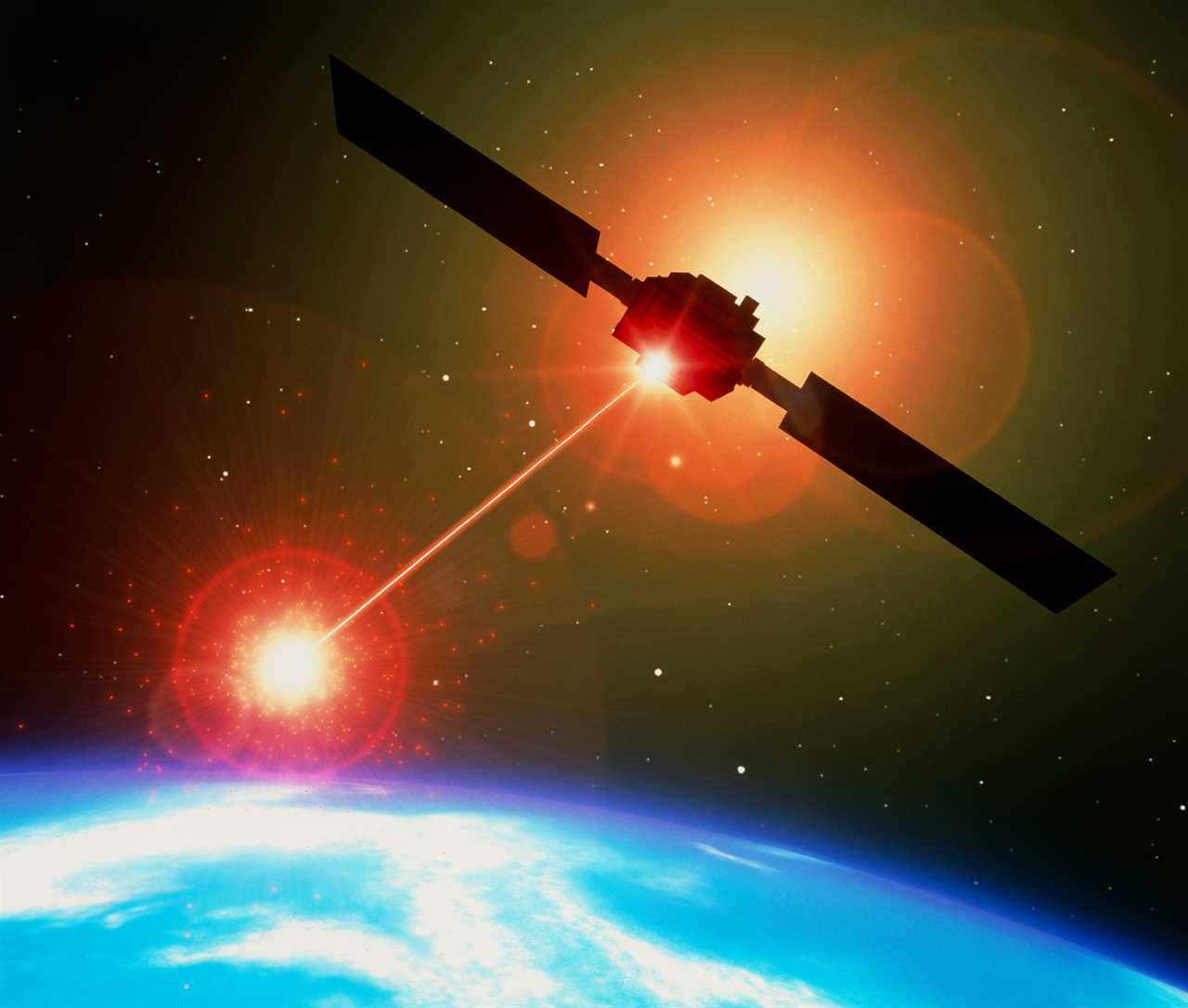
The largest chunk of the extra money will be spent on a “space command” that could launch Britain’s first rocket in 2022.
Billions of pounds have also been earmarked for a National Cyber Force of hackers to tackle online threats.
It will be a joint operation between the military and spy agency GCHQ.
A new Artificial Intelligence agency will be created to focus on the advances in that area.
It is thought it will be part of the Department of Digital, Culture, Media and Sport.
‘THE ERA OF RETREAT IS OVER!’
The government said the increased military spending will cement the United Kingdom’s position as the largest defence spender in Europe, the second largest in NATO, and allow increased investment in areas such as cyber and space.
The announcement comes after the head of the RAF Air Chief Marshal Sir Mike Wigston said that future wars may be won or lost in space.
Downing Street warned that threats to the country would no longer be confined to a distant battlefield, adding Britain’s enemies could reach people “through the mobile phones in their pockets or the computers in their homes.”


